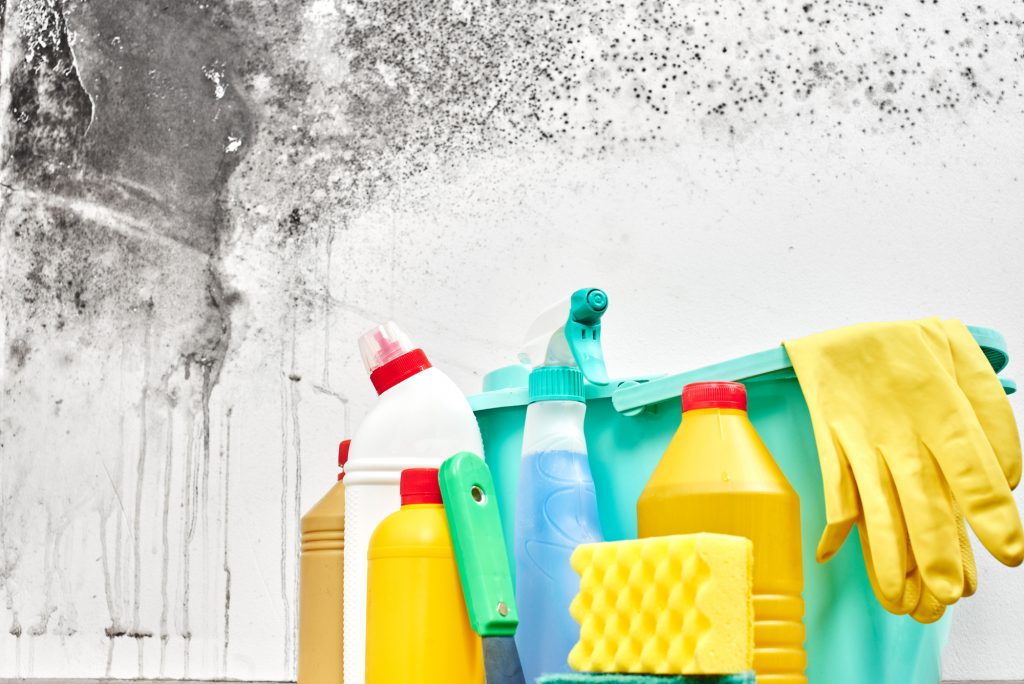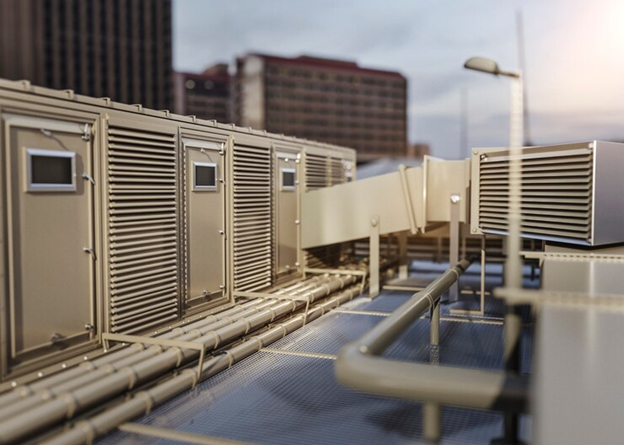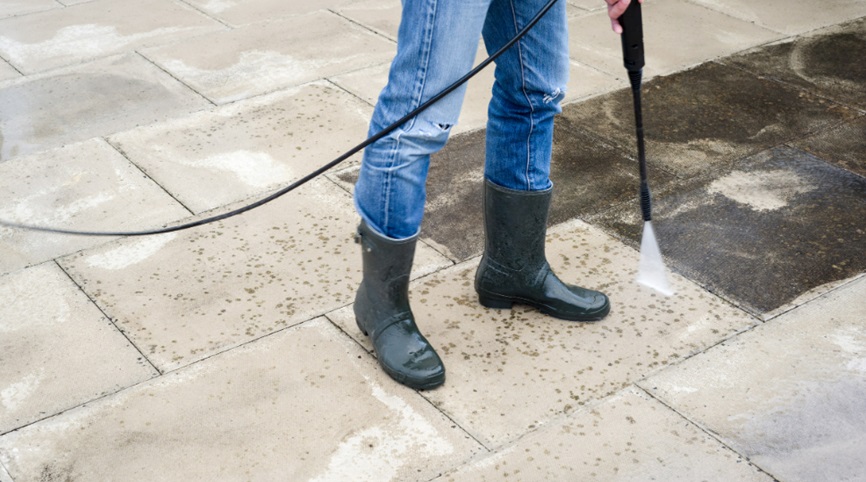The Ultimate Mold Removal Guide in the Coastal Plains

If you’re dealing with mold in your coastal plains home or office, you’ve come to the right place. This article will guide you through the process of getting rid of it. It includes tips on how to clean up mold in your bathroom and attic, as well as how to prevent it from coming back.
Remove mold from wood surfaces
If you notice mold on your wood surfaces, you need to remove it immediately. Mold is an allergen and can lead to health problems. For example, it can cause severe lung issues in people with allergies or asthma.
There are many ways to remove mold from wood. You can use vinegar, dishwashing detergent, and other cleaning methods. But you can also hire a mold removal Coastal Plains professional to remove the mold.
If you notice black mold on your hardwood floors, you must get it out as soon as possible. Black mold can be hazardous and pose a risk to those in the vicinity.
To get rid of mold on wood, you can sand it off. When sanding the surface, you can use 100-grit sandpaper to remove the top layer of the wood.
Remove mold from grout lines
Mold on grout lines can be a real pain. Fortunately, there are several ways to remove mold from the surface of the grout. The first step is to eliminate moisture. This is particularly important in bathrooms and kitchens. Moist environments are ideal for mold to grow. If you cannot stop the water, you can use natural cleaning agents such as hydrogen peroxide or baking soda to remove the spores.
A vinegar solution is one of the best ways to eliminate mold from grout. Vinegar has acidic properties that inhibit bacterial growth. It also has antifungal properties. You can make a solution of equal parts water and distilled white vinegar. Apply the key to the contaminated area, and let it sit for several minutes. Rinse off with warm water.
Treat mold in your attic
There are various ways to treat mold in your attic in the coastal plains. One of the most important things is to protect your health. Mold spores are toxic and can cause respiratory problems. It can also affect your family’s health, especially if they are breathing it in. Consult a mold removal coastal plains expert if you are concerned about your health.
In addition to preventing your family from getting sick, you should treat the mold in your attic to ensure that it doesn’t spread. Leaving it untreated can lead to a long-term problem that will cost you money and time.
Prevent mold from reappearing
Mold is a type of fungus that grows on nearly anything. For example, it can grow on wood, insulation, and fabric. The key is to keep moisture levels low to prevent it from growing.
Mold can be a severe health risk, especially for pregnant women and infants. If you notice mold in your home, clean it up. You can do this with household cleaning products. However, if you see mold on a larger scale, you should seek professional help.
The first step to preventing mold from returning is to identify the problem area. Next, check for leaks in the roof, gutters, and plumbing. Fix them as soon as possible to stop the growth.
Avoid mixing ammonia with bleach
While bleach and ammonia can help clean up mold, they can be dangerous when used together. Mixing these products can produce a toxic gas called chloramine. Symptoms of exposure to chloramine include nausea, shortness of breath, coughing, and a burning throat.
When mixed with acids or other chemicals, these two cleaning products create a toxic vapor that can harm people and pets. You must immediately contact a doctor if you’ve been exposed to chloramine gas.
When mixing these two cleaning products, you should work in a well-ventilated area. You also need to wear proper protective equipment.
Treat mold in bathrooms and less frequented rooms
There are many ways to treat mold if you have a bathroom or other less frequented room in your home. However, mold can be a health hazard. It can cause various symptoms, including a sore throat, congestion, coughing, or watery eyes. In some cases, it can lead to headaches and fatigue.
To combat mold, start by cleaning the area. This will minimize the food and moisture that it can feed on. Also, make sure that your bathroom is properly ventilated. Using a fan will help remove excess water.
Once you have cleaned the area, use a squeegee to remove any lingering water. Using a fungicidal solution designed for bathrooms can also help.








